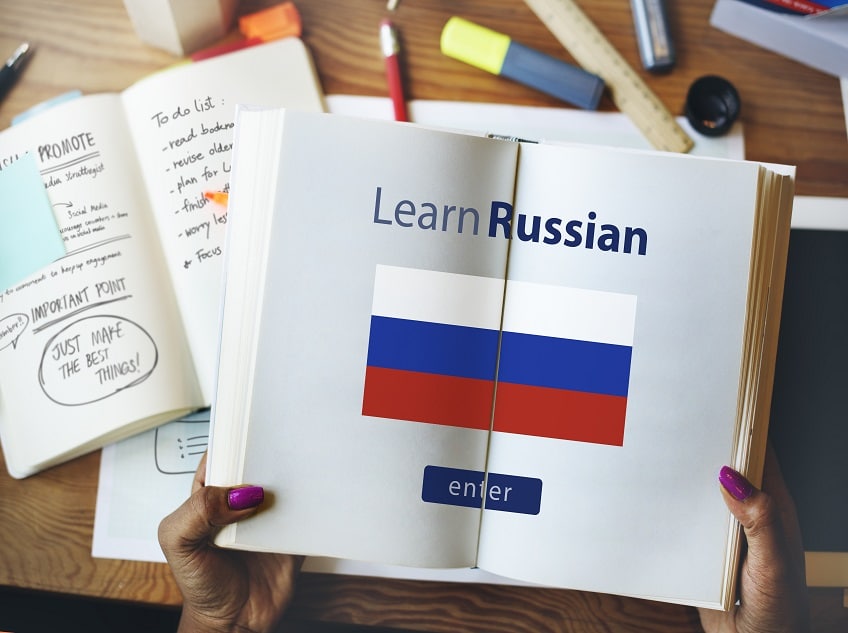Learn Russian
Russian is the national language of Russia. It is also spoken by 260 million people worldwide. It is well known for using the Cyrillic alphabet. It is an official language in 38 territories. It is also great fun to study.
Why learn Russian?
Russian is a difficult language to learn. That doesn’t mean you should be put off by the thought though.
Like all languages, you get back what you put in when it comes to learning. If you put in 10 hours a week for 5 weeks, you will get roughly the same results as someone who has put in 1 hours a week for a year. You can learn in your own time, as and when it suits you. Be aware that it is possible to go backward with a language, as well as forwards.
If you are a language nerd, and you have mastered most traditional European languages, try a real challenge. While languages like Chinese and Japanese have complex writing structures, their spoken language is actually comparatively simple, even compared to European languages. If you are looking for a language that is enjoyable to speak, reasonably easy to read (but hard to spell), Russian might be for you.
There is a range of Russian language courses that will help new speakers understand the challenges of the language. Before you know it, you’ll be saying Привет, я русский! With a flexible range of courses, you can learn Russian how and when it suits you best.
The European Language Framework
The European Language Framework is the system used to measure how quickly a language can be learned. All language courses offered to use this framework for reference.
If you have never studied Russian language before, you will be starting at A1. This is the point for total beginners. As Russian is harder than most other European Languages, it takes around 100 hours to reach A1 level.
Once you can hold basic conversations in Russian – an ideal level of speaking for someone planning a trip to Russia – perhaps for the upcoming Football World Cup, or for work purposes. A2 Russian will take around 200 to 250 hours of regular study to achieve.
After nearly 600 hours of study, you will be able to reach B1 level – which will allow you to ‘survive’ in a Russian speaking environment – you will be able to hold a conversation with almost anyone, about most topics. This conversation should not be a problem for anyone to understand and enjoy. While this is roughly the number of hours you would put into most European languages to achieve the higher C1 level, the complex nature of Russian grammar makes this language a challenge.
I am worried I won’t be able to read in Russian!
Russian language uses the Cyrillic alphabet, which only loosely resembles our own Latin one. This should not worry you though, as many of the letters are the same. Even the ones that are different are easy to learn. While spelling can be very difficult in Russian, reading it is much easier than you think. Russian is a phonetic language, which means that it is written exactly as it sounds. It’s just a case of leaning the sounds.
If you would like to learn a surprising new language, choose Russian. It is different. It is a challenge and more than anything, it is fun. Language learning is one of the greatest pleasures in life. Get ready for a summer of amazing sport or a trip to one of the world’s most unique countries with a course in Russian.












Comments